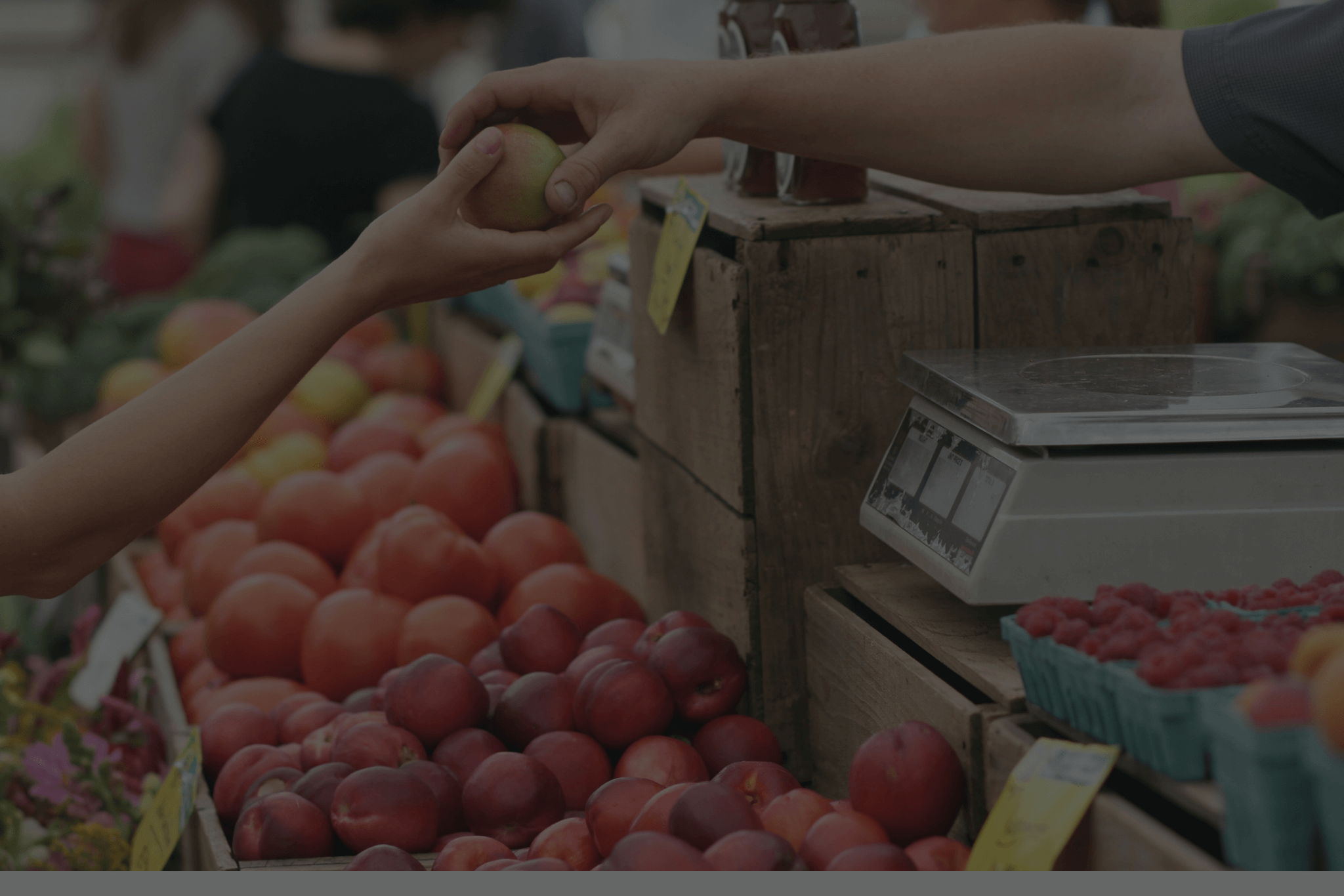FAO considers the industrial production essential for the feeding and nutrition safety to aggregate value and increase the demand for for agricultural products, contributing to the reduction of poverty in rural areas, food safety in rural areas, generate job opportunities, such as processing, packaging, storage, etc.
The sustainability in food production, from the field to the consumer, is essential to ensure a suitable feeding to the next generations. For that purpose, industrial production in an indispensable resource, once the technologies used in the industry create an efficient system capable of ensuring the population supply in the next decades.
Check the data about industrialized food and FOOD SAFETY to learn more:
- Industrialized food are part of the Brazilians basic diet (https://ital.agricultura.sp.gov.br/alimentosindustrializados/62/).
- The industrialization advantages to supply the population (https://ital.agricultura.sp.gov.br/alimentosindustrializados/68/).
- Institutional initiatives to offer products that ensure the healthy and sustainable feeding (https://ital.agricultura.sp.gov.br/alimentosindustrializados/130/
- Learn about the Law of Food and Nutritional Safety, Brazil (http://www4.planalto.gov.br/consea/conferencia/documentos/lei-de-seguranca-alimentar-e-nutricional).
- Check at the program Cidade Solidária (Solidary City) (https://www.spcidadesolidaria.org/), from Municipality of the City of São Paulo, the market baskets are totally composed of industrialized food: whole powdered milk, “small needle” rice, “carioquinha” beans, manioc flour refined sugar, soybeans oil, salt, spaghetti, tomato pulp or puree, sardine in edible oil.



